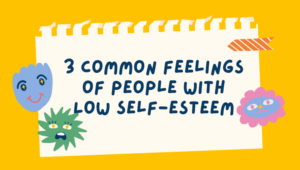Have you ever wondered what parts of the brain are responsible for our emotions? The hippocampus and amygdala are two key areas that play a role in our emotional responses. In this blog post, we’ll take a closer look at how these two structures work together to regulate our emotions.

Hippocampus and Amygdala
There are two parts of the brain that are responsible for memory and emotion: the hippocampus and the amygdala.
The hippocampus is located in the temporal lobe of the brain, and it is important for both verbal and nonverbal memory. The amygdala is located in the medial temporal lobe, and it is important for emotional memory.
The hippocampus is involved in the formation of new memories, and it is especially important for declarative memories (memories that can be consciously recalled, such as facts and events). The amygdala is involved in the formation of emotional memories, and it is especially important for emotional memories (memories that are associated with an emotional response, such as fear or anxiety).
The hippocampus and amygdala work together to create our memories and experiences. When we have a new experience, the hippocampus encodes the memory and the amygdala processes the emotion. The emotional memory is then stored in the amygdala, and the hippocampus stores the memory of the event in the cortex (the part of the brain responsible for long-term memory).
How They Affect Our Emotions
The hippocampus is responsible for our long-term memory. It is also responsible for spatial navigation. This means that the hippocampus is responsible for our ability to remember things and to find our way around.
The amygdala is responsible for our short-term memory. It is also responsible for our emotions. This means that the amygdala is responsible for our ability to feel things like fear, anger, and happiness.
The hippocampus and amygdala are very important for our emotions. If one of these areas is not working properly, it can cause problems with our emotions. For example, if the hippocampus is not working properly, we may not be able to remember things. This can make us feel anxious or stressed. If the amygdala is not working properly, we may not be able to feel emotions. This can make us feel flat or emotionless.
Conclusion
The hippocampus and amygdala are two of the most important areas of the brain for our emotions. If you are having problems with your emotions, it is important to talk to a doctor or a mental health professional.






